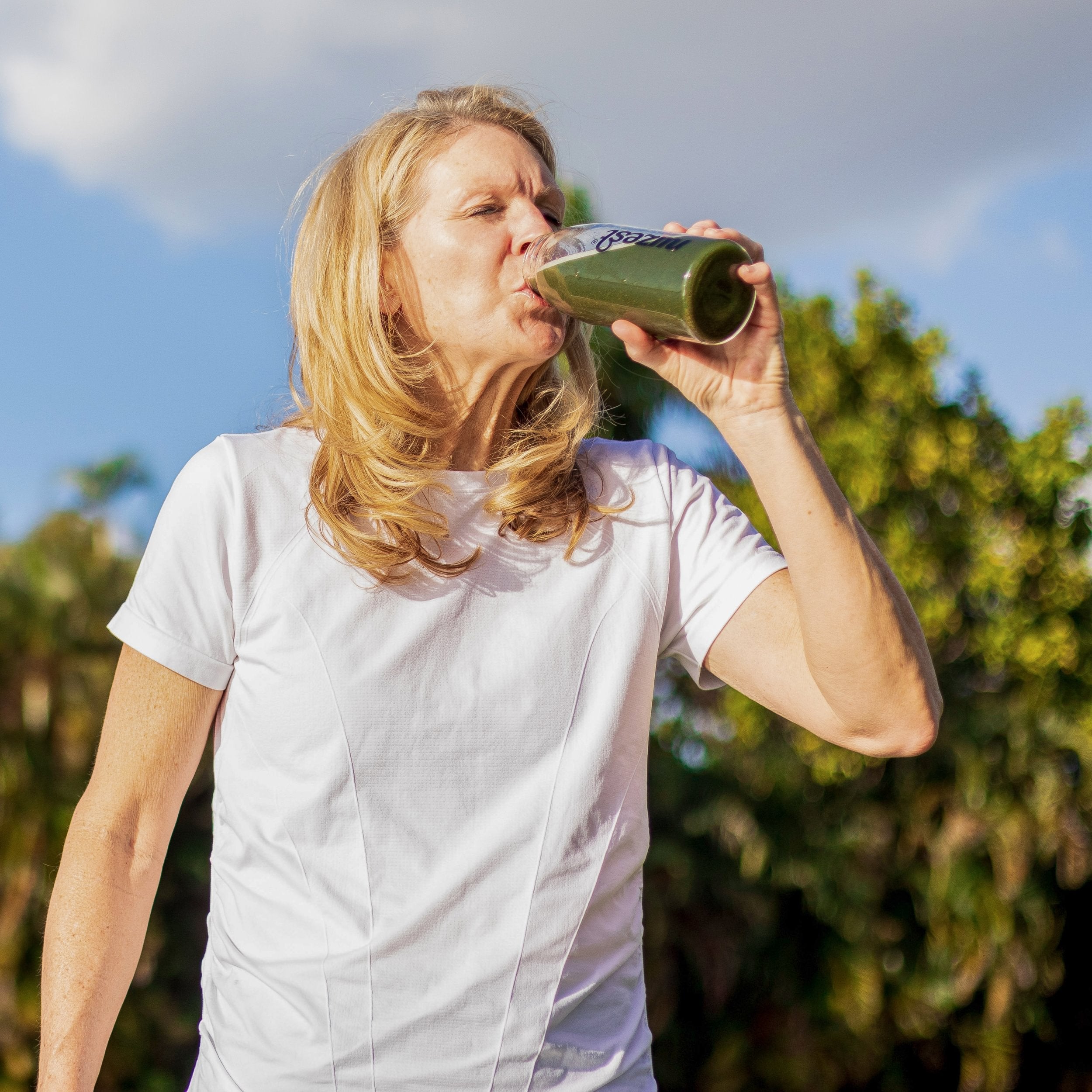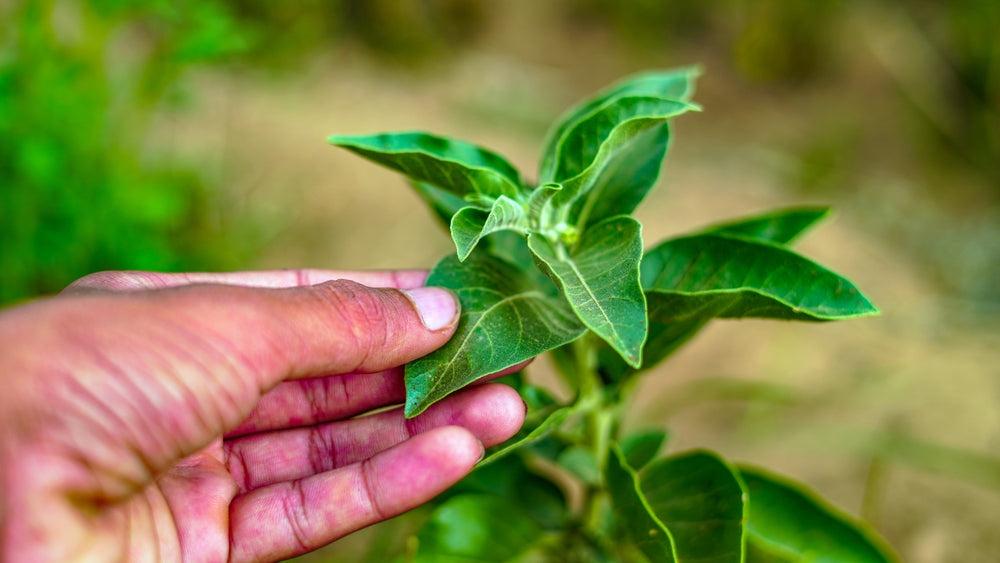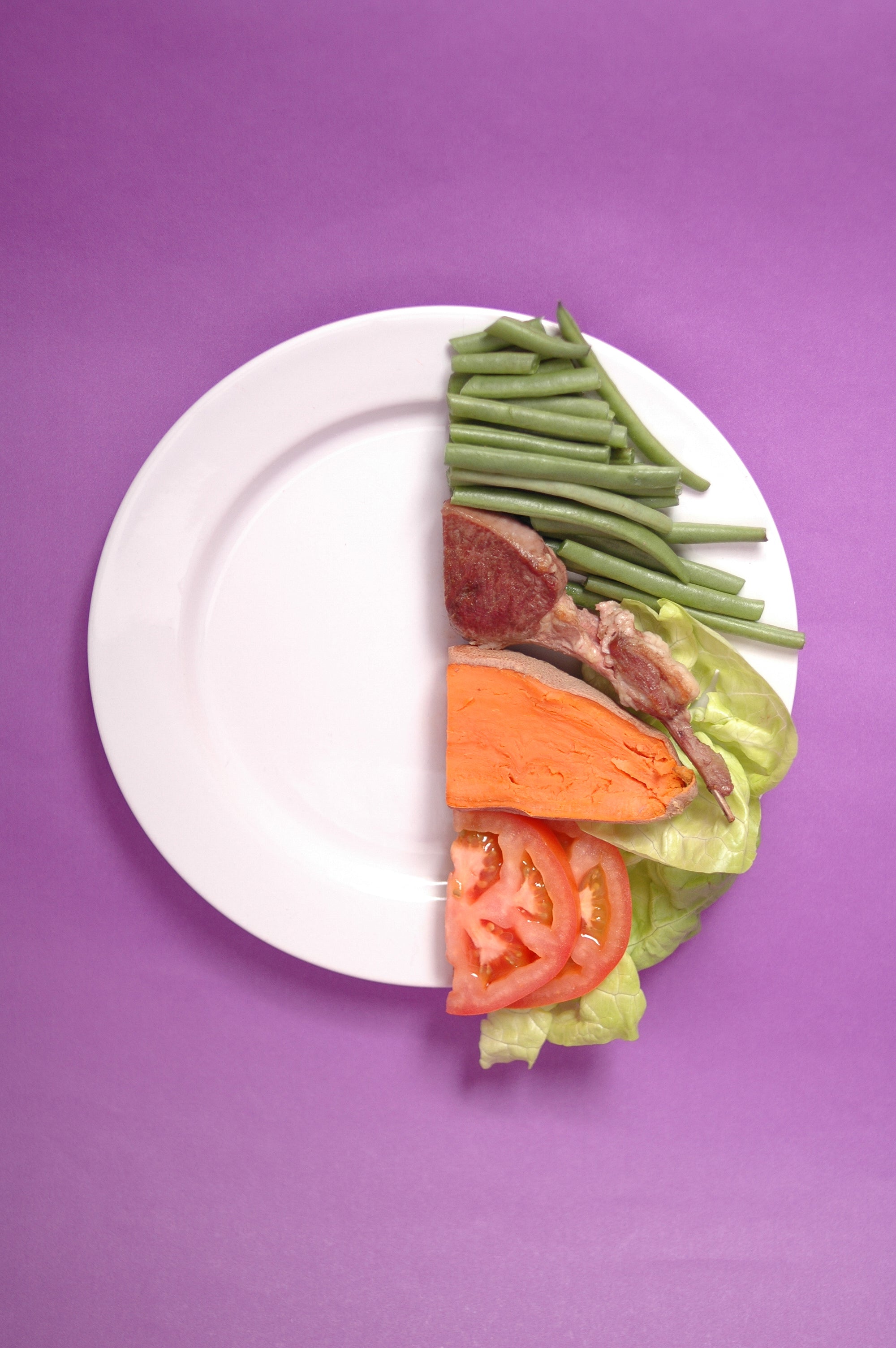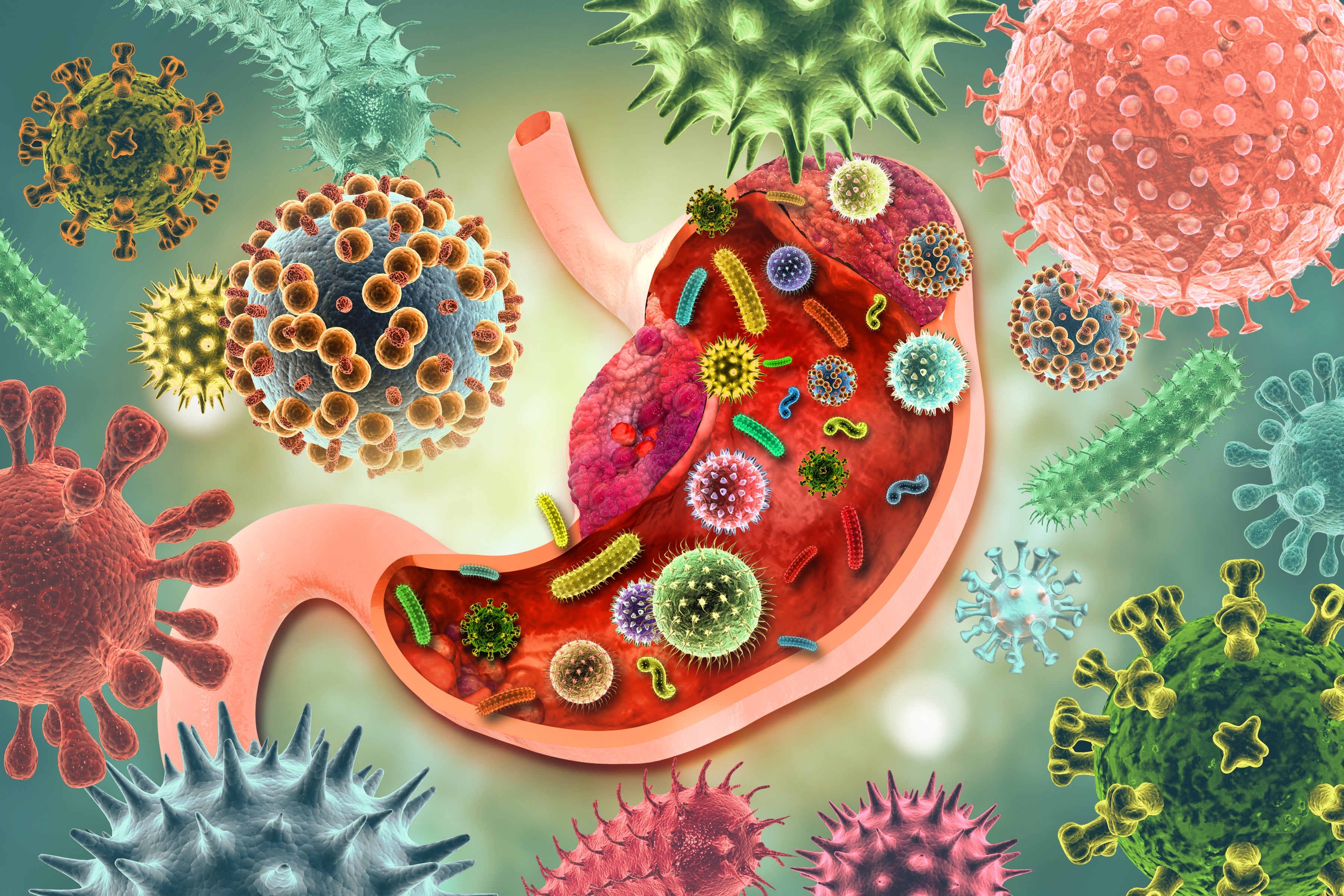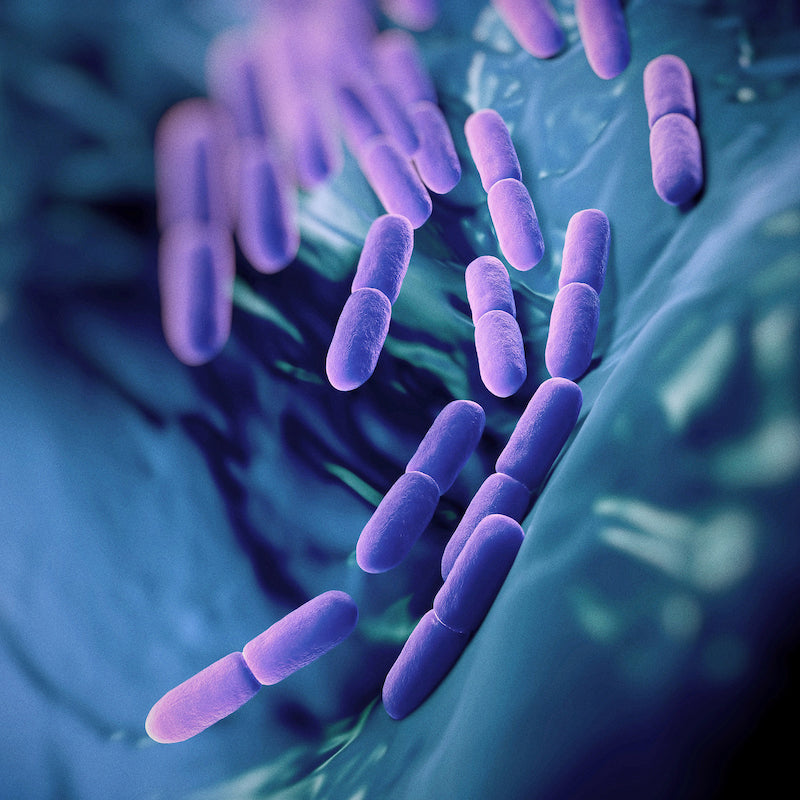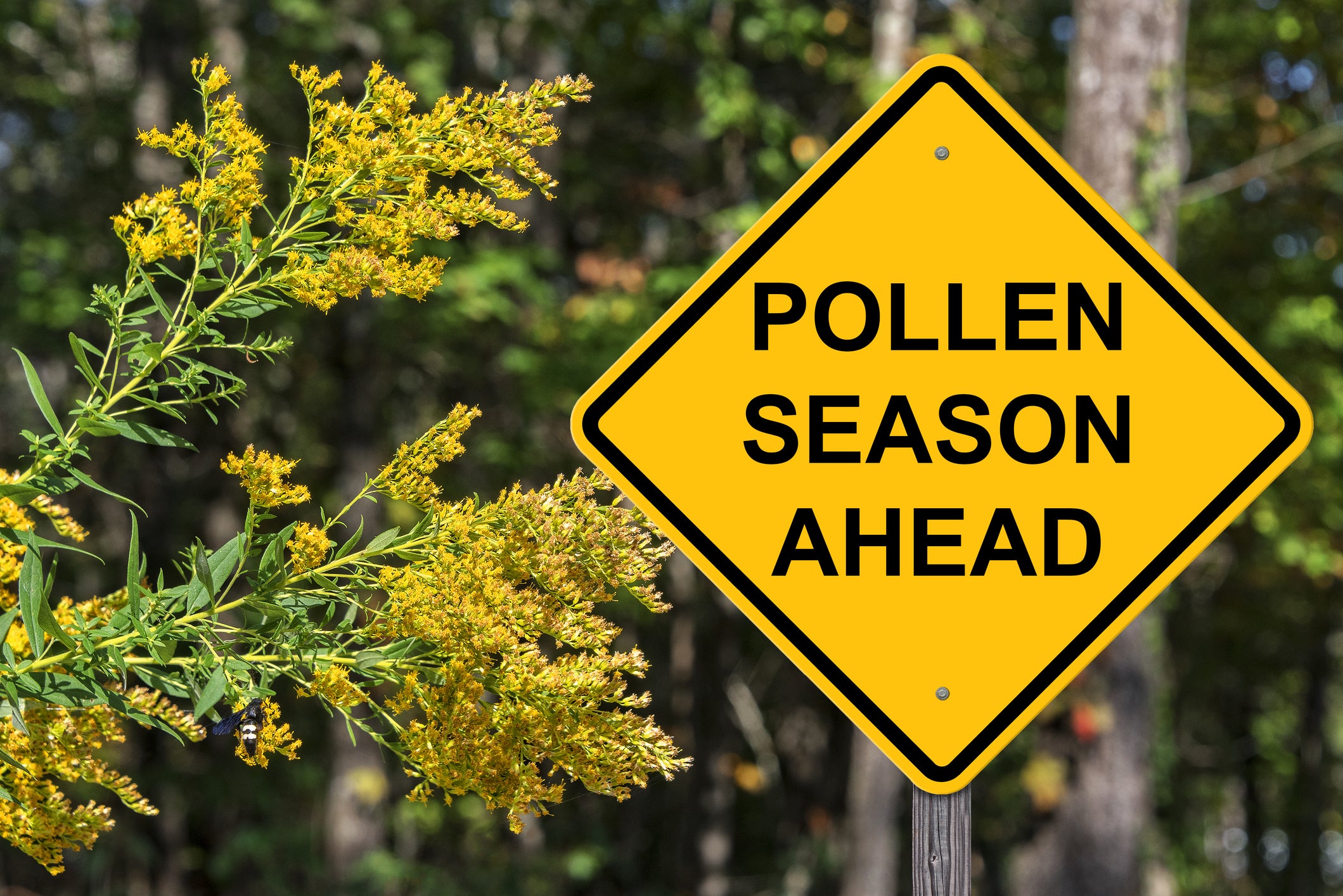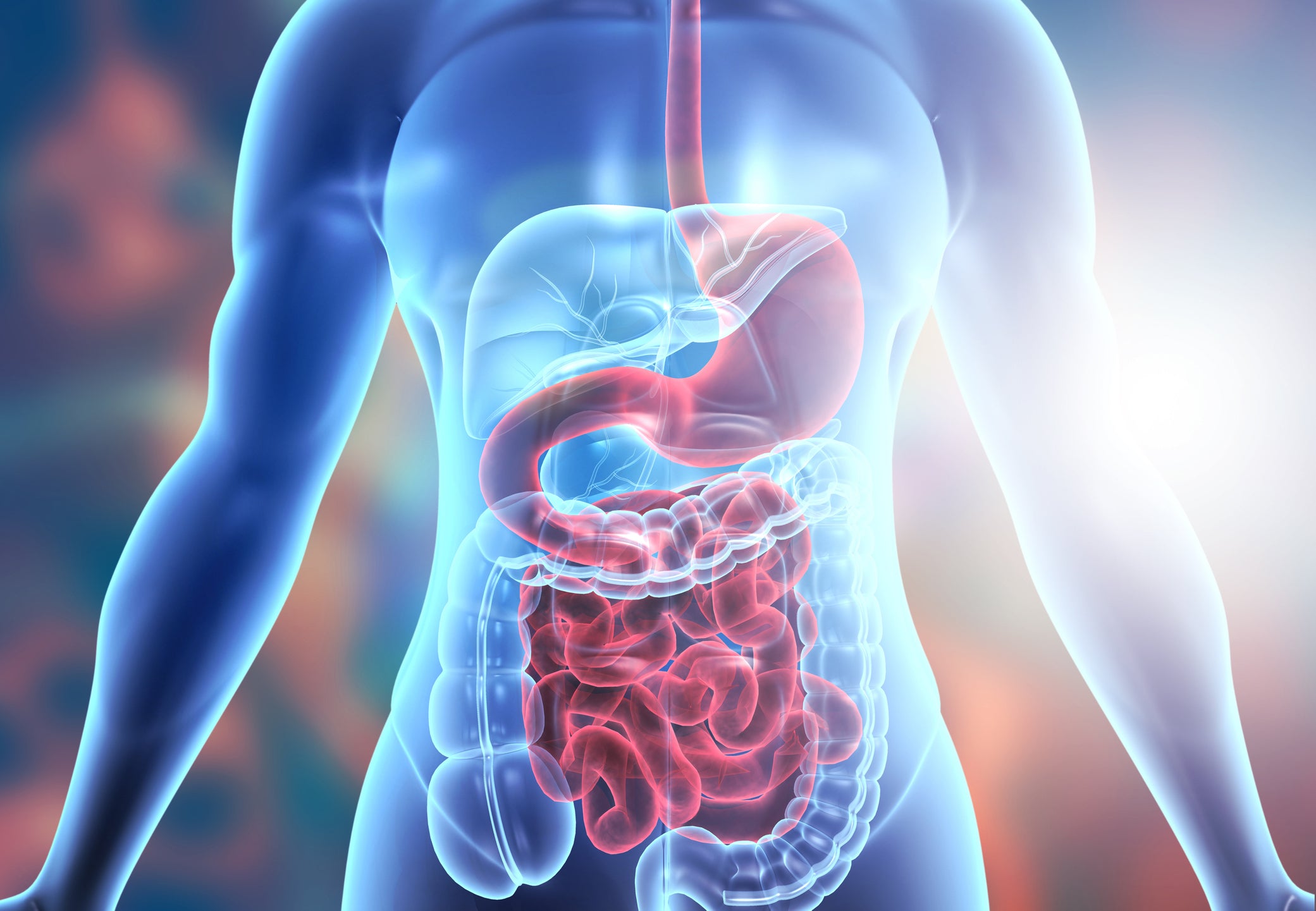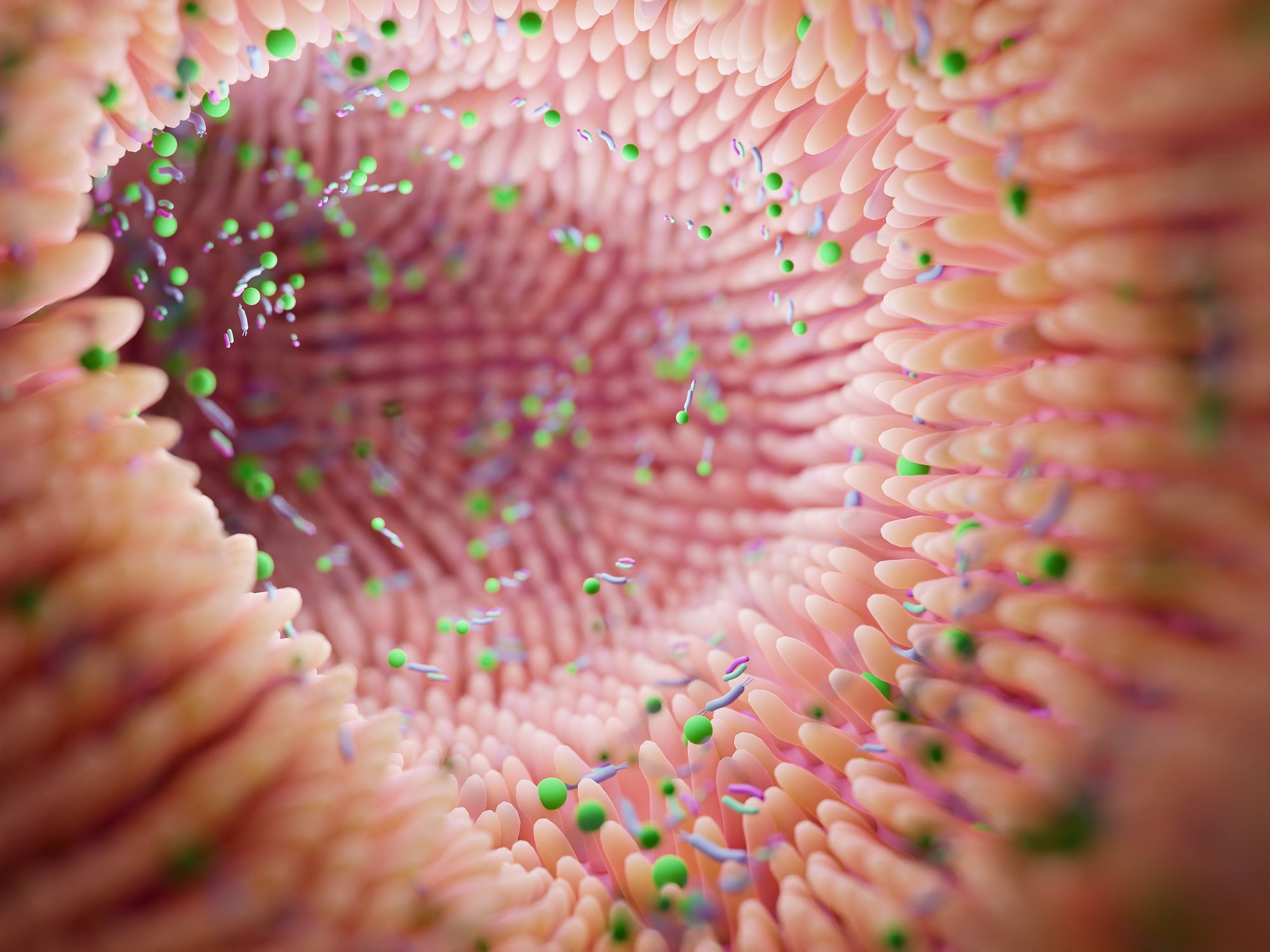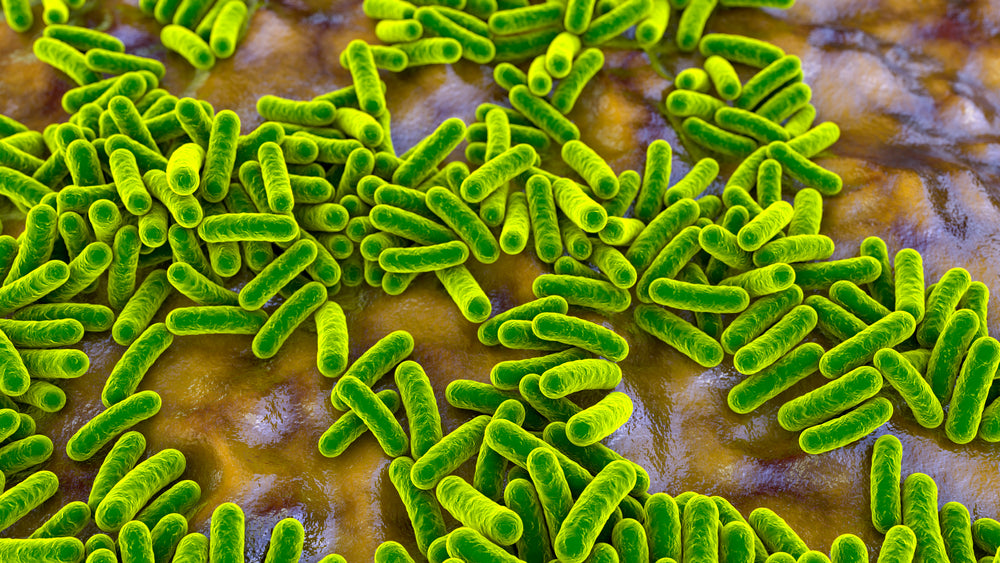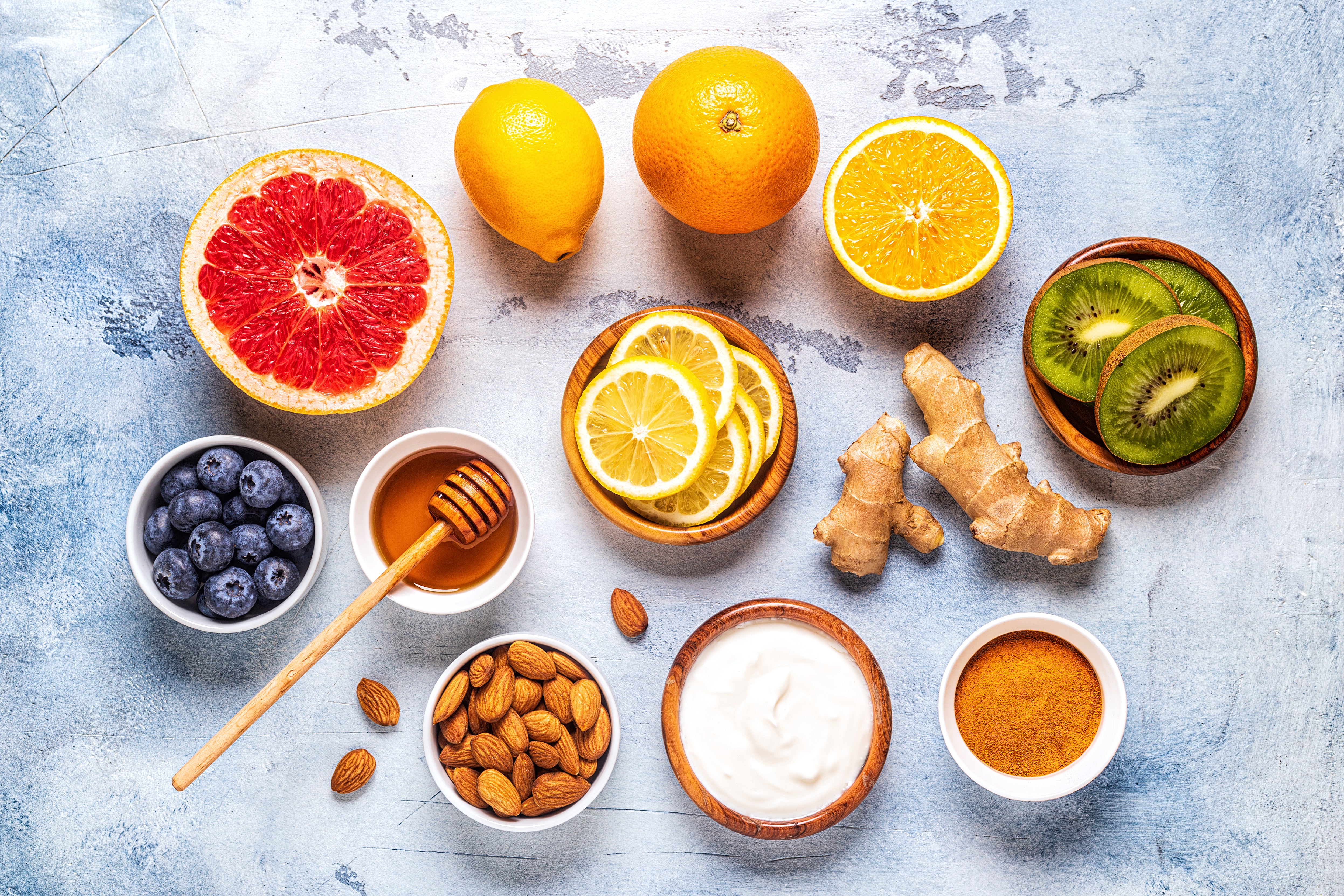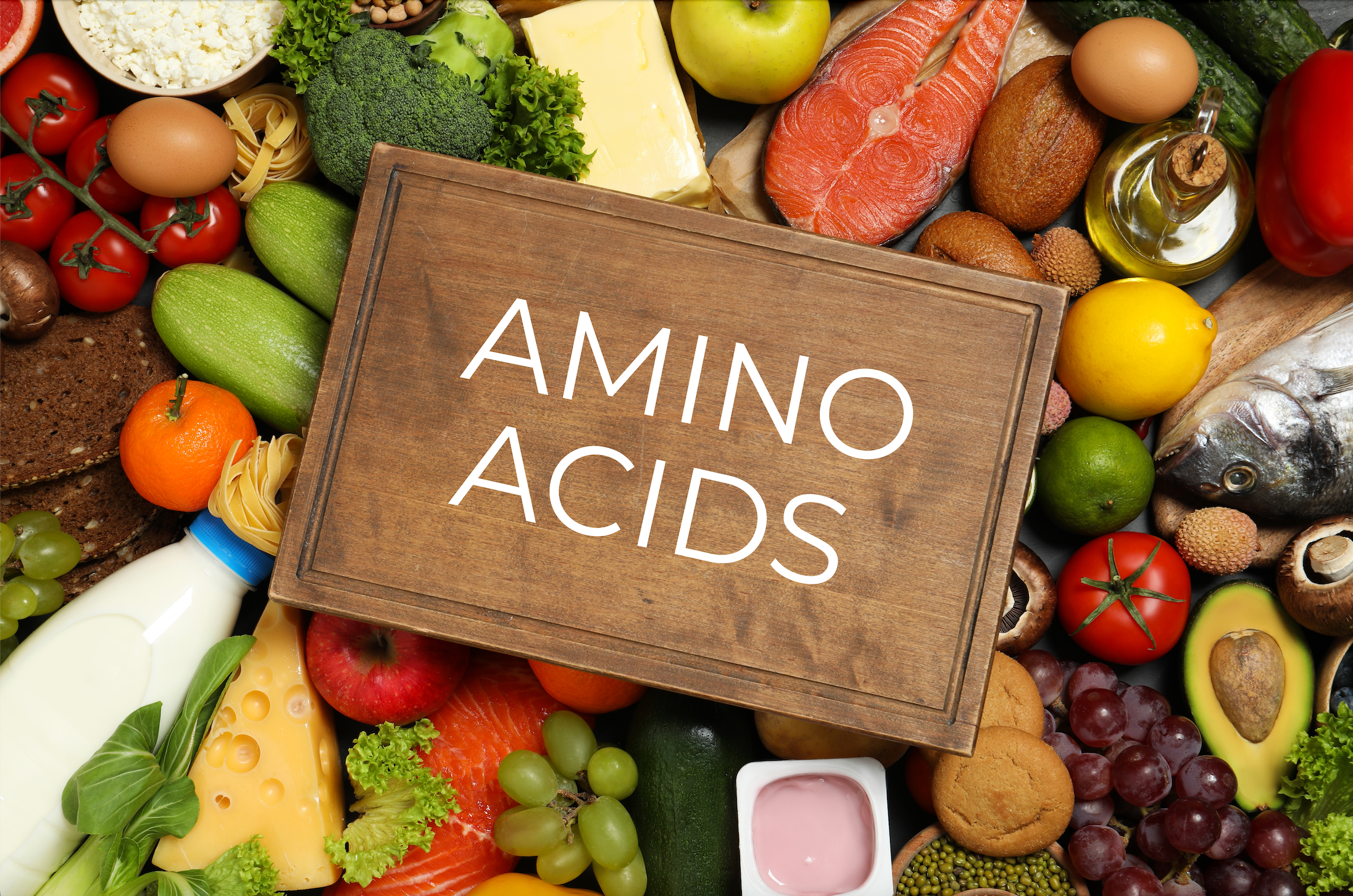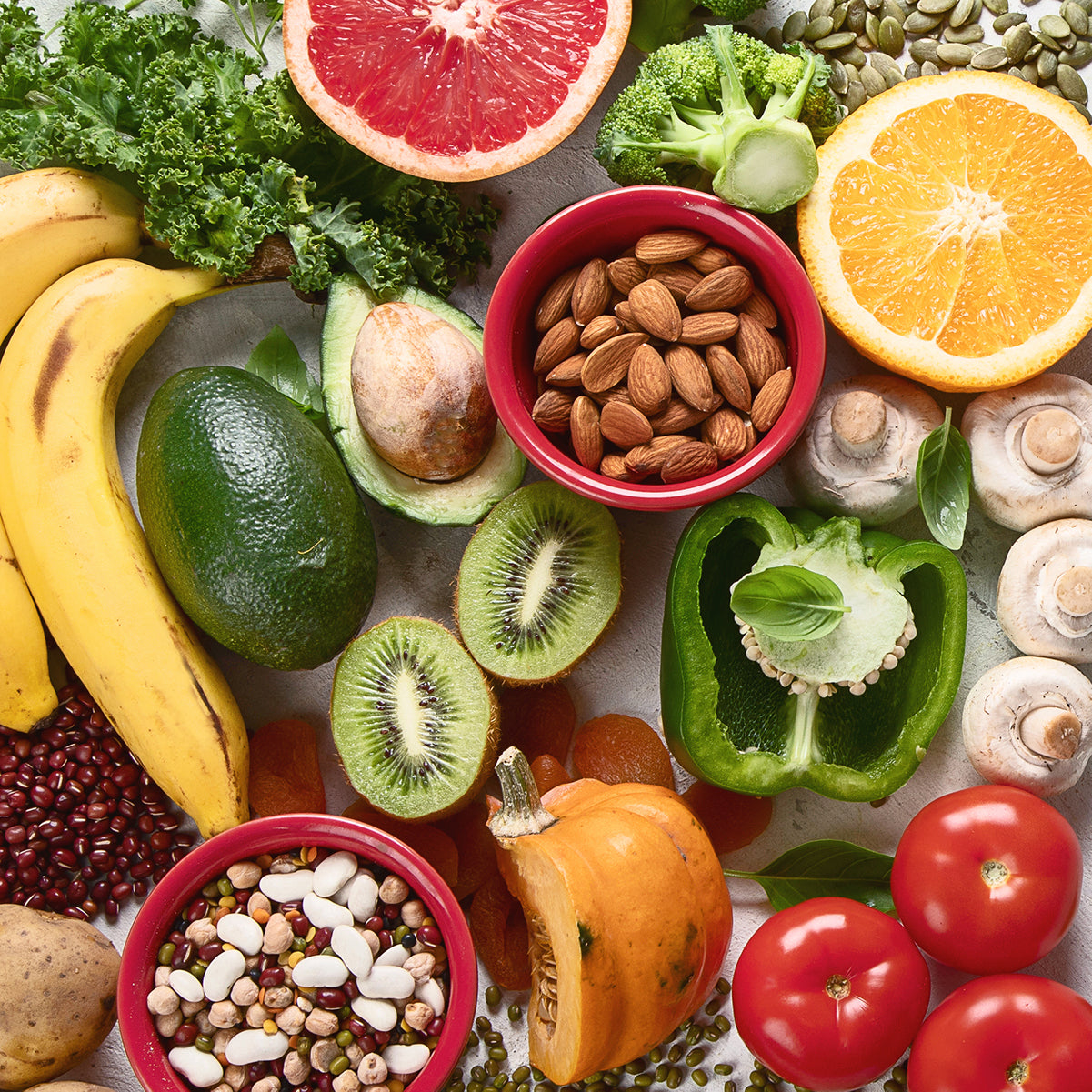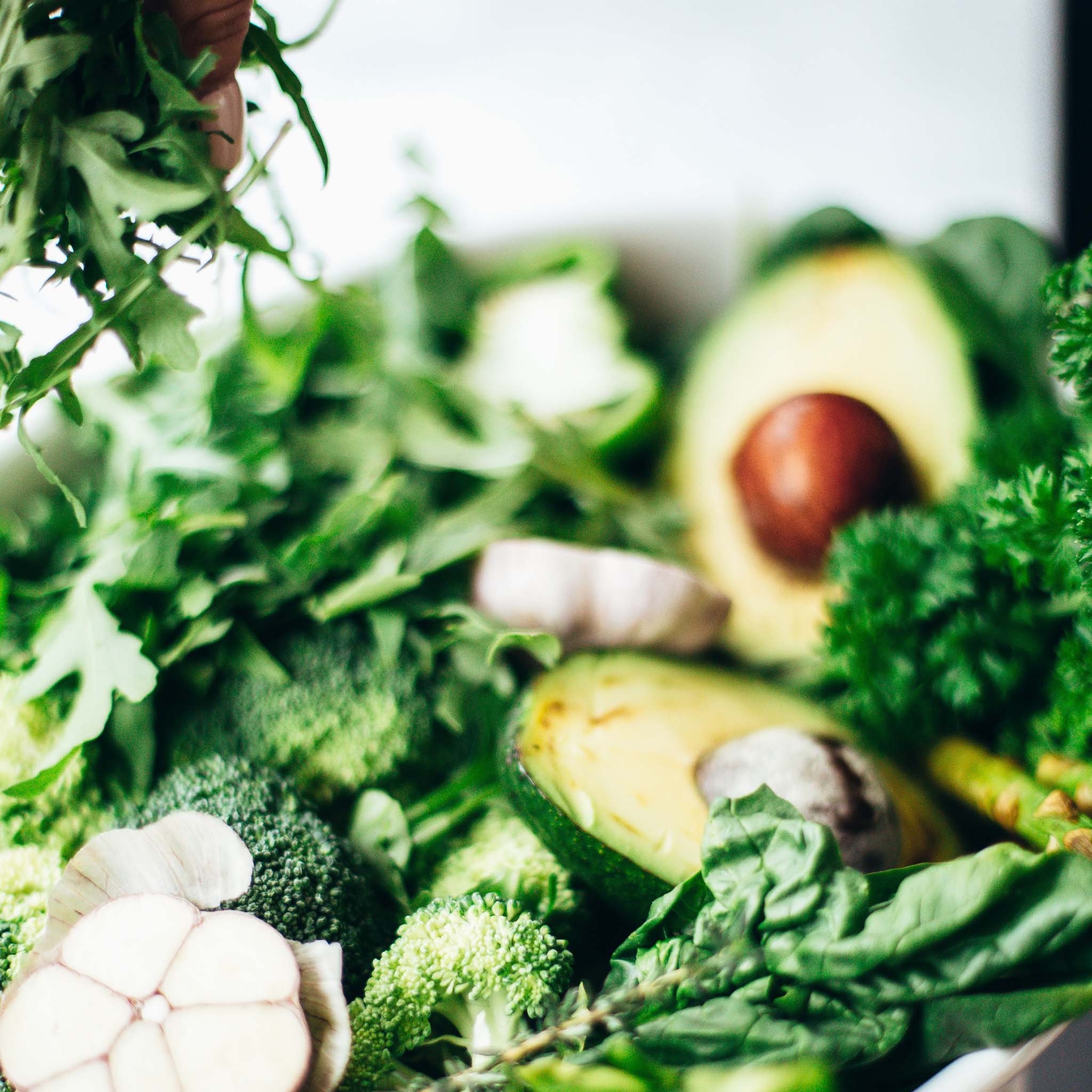The microbiome has received increasing attention over the last 15 years. But what exactly is everyone talking about and what do they really mean by the term "gut microbiome"?
The gut microbiome is a collection of microorganisms, mainly bacteria, and their genetic material that live in your intestinal tract. This collection of bacteria, or 'microbes' as they are also known, grows to a 1.5kg invisible organ in the large intestine and is as diverse as the amazon rain forest. It houses thousands of different species all with different functions that enable this incredible ecosystem to thrive.
Our health is so dependent on the life and vibrancy of these species.
Our bacteria have so many different roles. Just a few of them include:
- digesting certain foods
- producing certain vitamins and hormones
- responding to medicines and infections
- controlling our blood sugar and cholesterol
- regulating the immune system
- contributing to weight management
Thanks to these very important roles it's clear to see why our gut bacteria plays such a large part in our potential risk of developing various diseases. Particularly ones like diabetes, autoimmune diseases and cardiovascular disease - some of the most common conditions in Australia.
Looking after our gut health has never been so important. We want these diverse species to thrive and survive which first and foremost means we need to focusing on feeding our "good" bacteria. Our good bacteria loves healthy wholefoods, particularly plants. Whereas our "bad" bacteria thrives off processed carbohydrates (crackers, biscuits, bread, muffins, baked goods), processed oils (canola, rice bran, soybean), processed meat (sausages, salami, bacon) and sugar (sweet treats, soft drinks, alcohol).
On this basis it's easy to understand why so many people suffer from poor gut health when they are eating a diet full of everything that promotes the growth of bad bacteria, resulting in what we call dysbiosis (the imbalance of good/healthy and bad/unhealthy bacteria).


